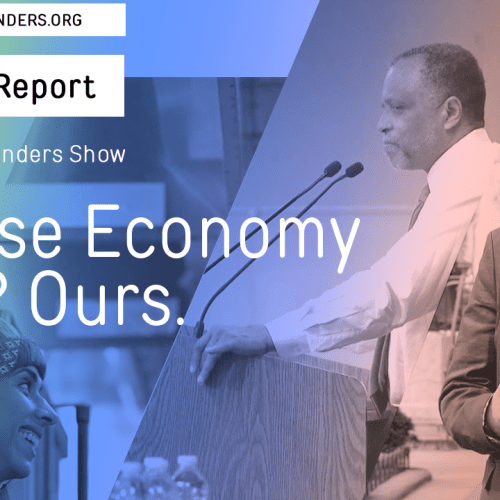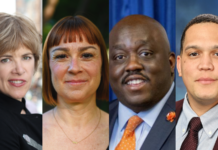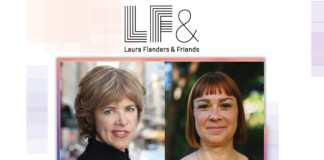Our city’s economy – what is it for? New York’s has been very good at piling up profits and building tall buildings. But all that private profit has come at a cost to public services and public trust. Could it be different? In this special report, experts talk about the new conversations regarding economic democracy that are happening between labor unions and community members. Between residents, workers, and employers about how everyone’s economy can move forward.
On our show we cover all sorts of models of economic democracy and community ownership, from the Preston Model to Fearless Cities to bottom up economies and just transitions.
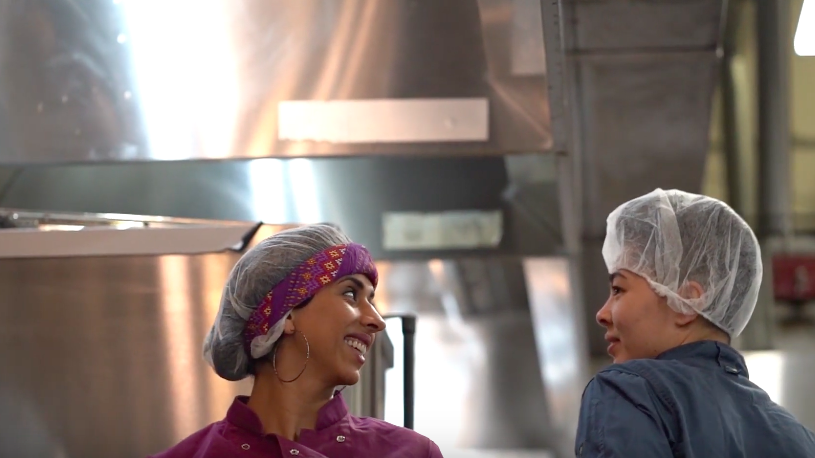
Interest in the question of the economy is growing as evidenced by an oversubscribed conference held at what used to be the Murphy Center, now CUNY’s newest college, the college for labor and urban studies.
New York City faces the serious challenges of any major city, specifically when it comes to inequality and climate risks. But with democratic majorities at both the city and state level in government, addressing those challenges is more possible now than it’s been in decades. And some real experts are at the table, notably J. Philip Thompson, the city’s deputy mayor for strategic policy initiatives. Who comes to the job with years of experience as a scholar and coalition builder, and urban planner.
An Excerpt from Our Conversation with J. Philip Thompson, Deputy Mayor of the City of New York
J. Phillip T.: For all of us wanting economic democracy honest dialogue and deep unity across race and geography, we need to have a rough level of equality and resources and capacity.
Laura Flanders: What attracted you to working in New York? What’s distinctive about New York City and it’s capacity to advance economic democracy?
J. Phillip T.: Well New York has always been a leader in innovation, but also in people’s movements. The reason we had created the City University of New York, which until the 1970s was free, was because of immigrant movements fought for that in the 1930s and won it. The reason we had the largest public hospital system in the country is because people fought for that and instituted it. The reason why we have public housing was originated in New York, in the lower east side, because people fought against slum housing.
And these programs created the great middle class that America takes great pride in, but it actually came from these kinds of initiatives and these kinds of struggles.
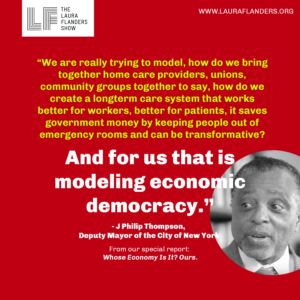
Laura Flanders: What do you lift up as the economic democracy initiatives that your most proud of here in the city so far?
J. Phillip T.: Well, we are struggling with this, but one of the things that we’re working on is actually using the institutions that I mentioned as anchor institutions. The hospitals alone the New York spend $12 billion a year buying goods and services. Why can’t we use some of that $12 billion spend to build firms that are democratically run and controlled, that have the welfare of the community and their workforce as a priority? Companies that actually have a civic core to them, why can’t we build those kinds of companies? Because around the world there are plenty of examples. The idea that the private economy will take care of everyone’s prosperity and all you have to do is leave it alone is a myth. And what we’re really saying is, local government has to step up and we actually have to plan and ensure that our dollars, our public dollars are being used in the best possible way for the residents of this city.






